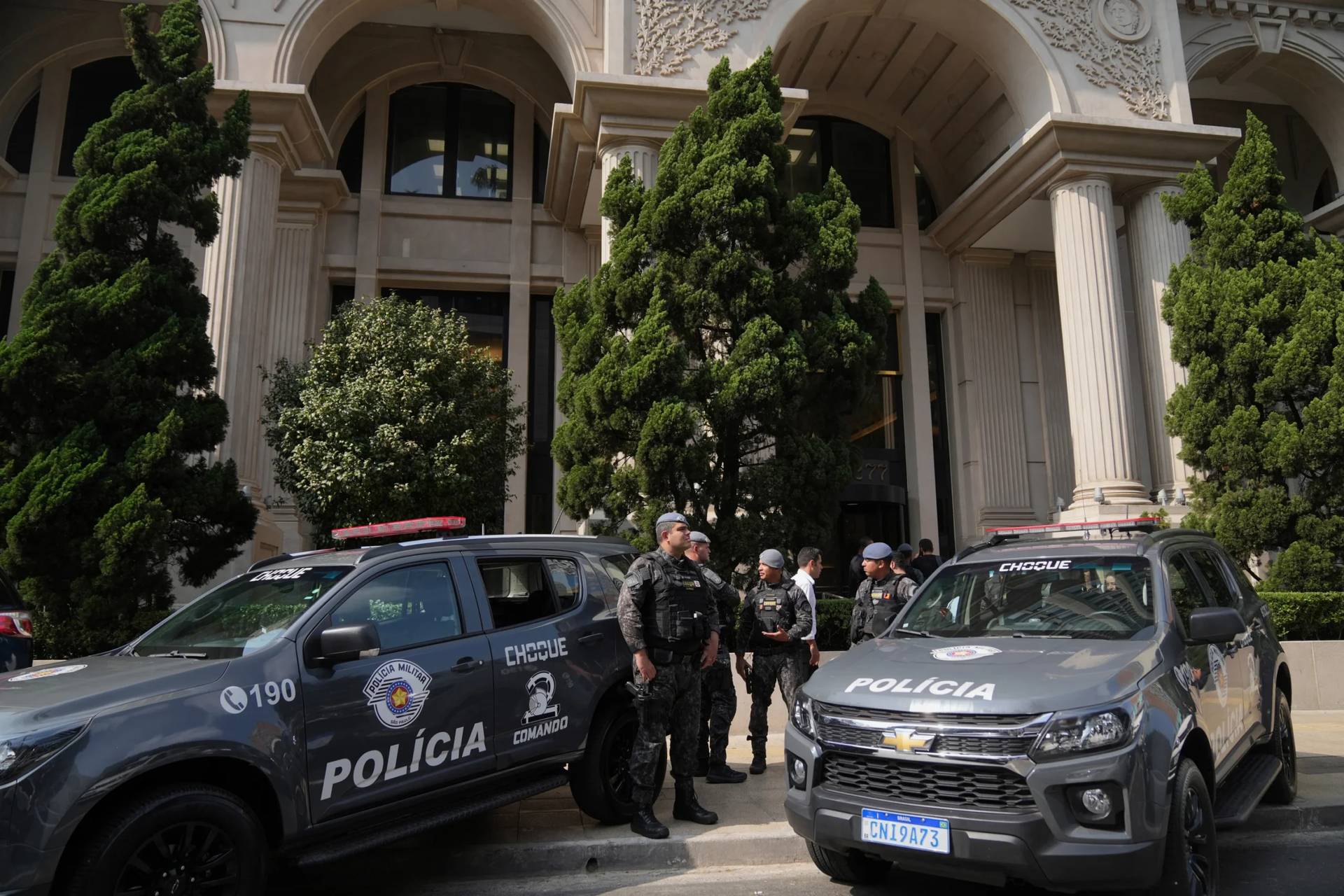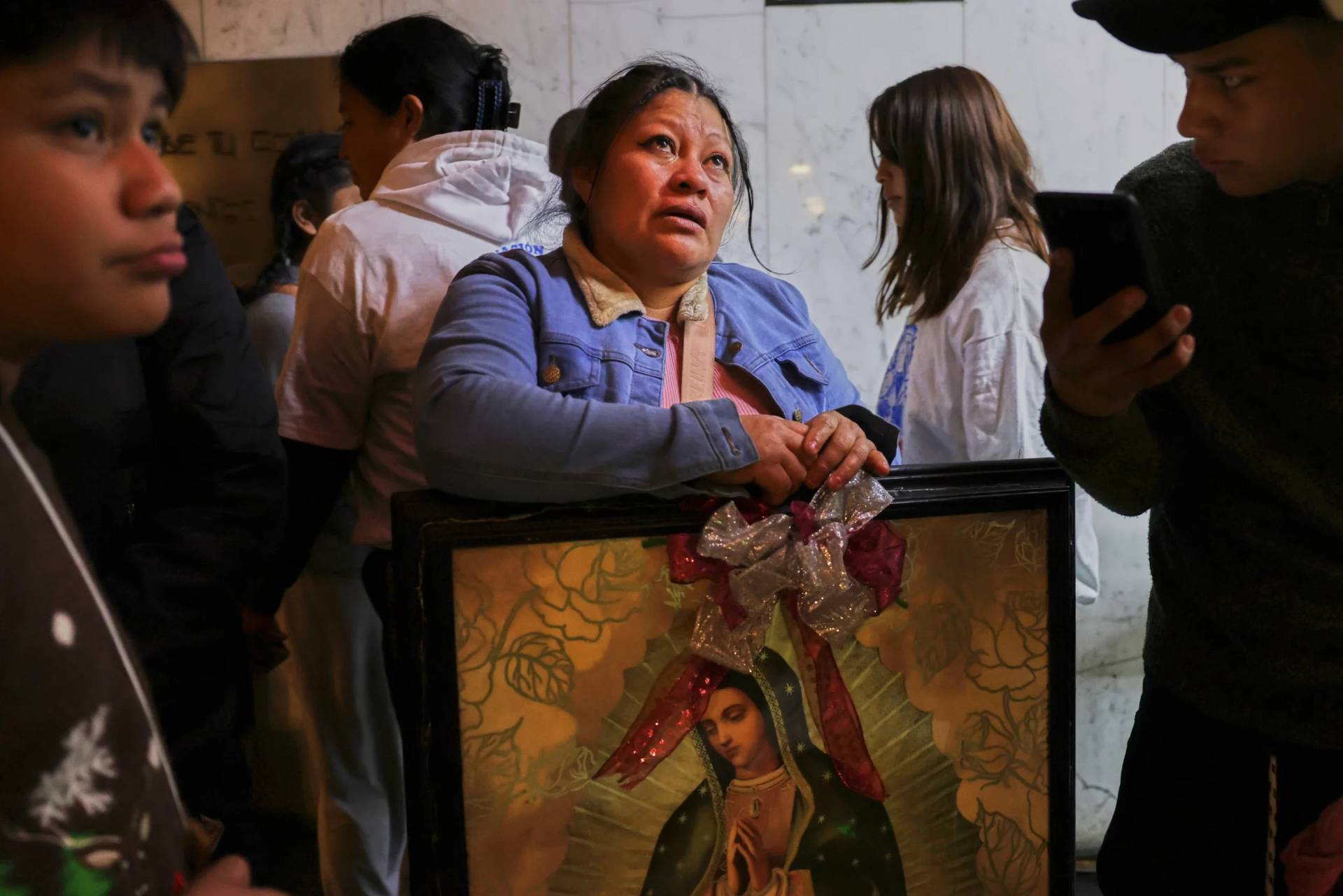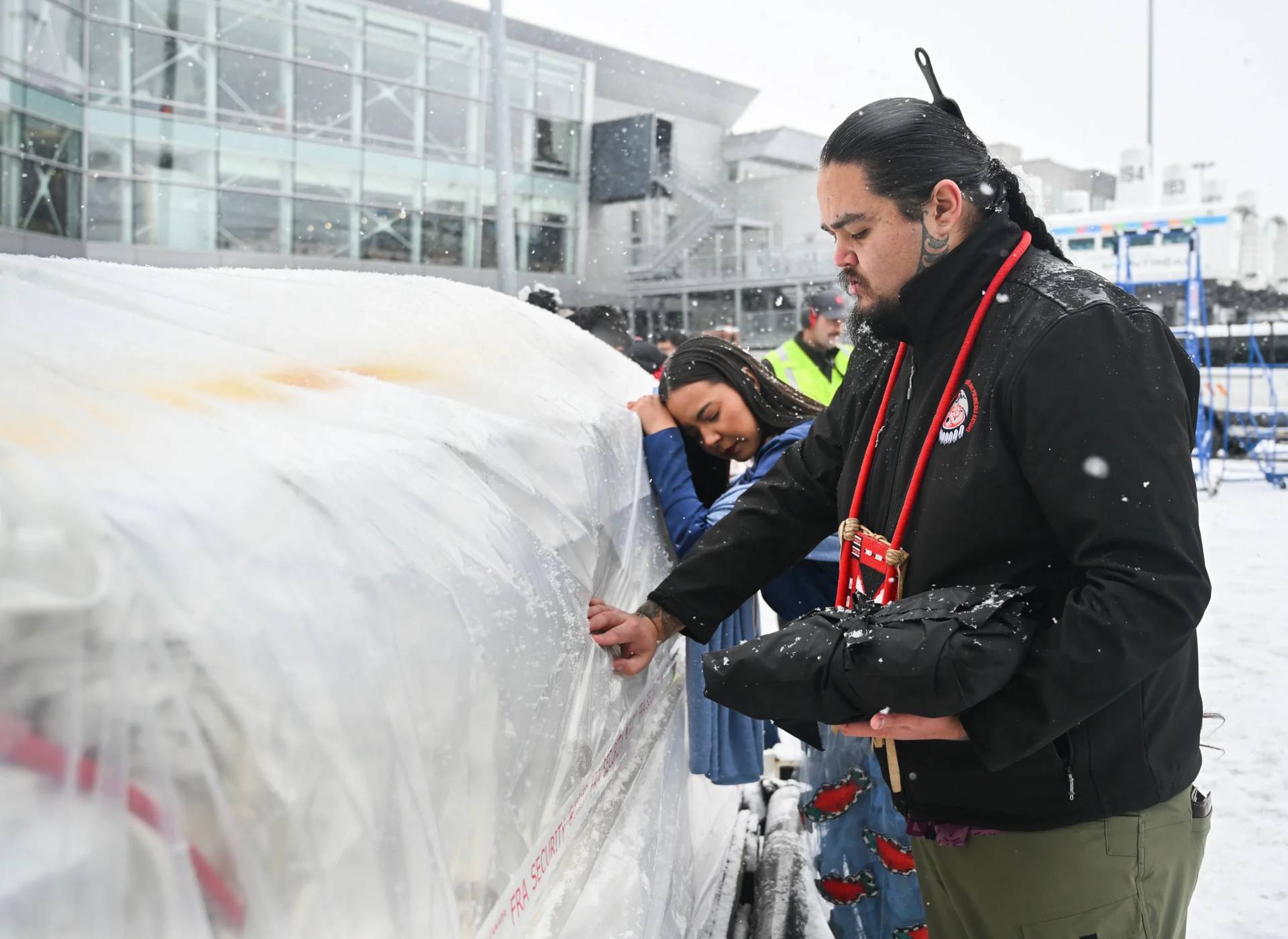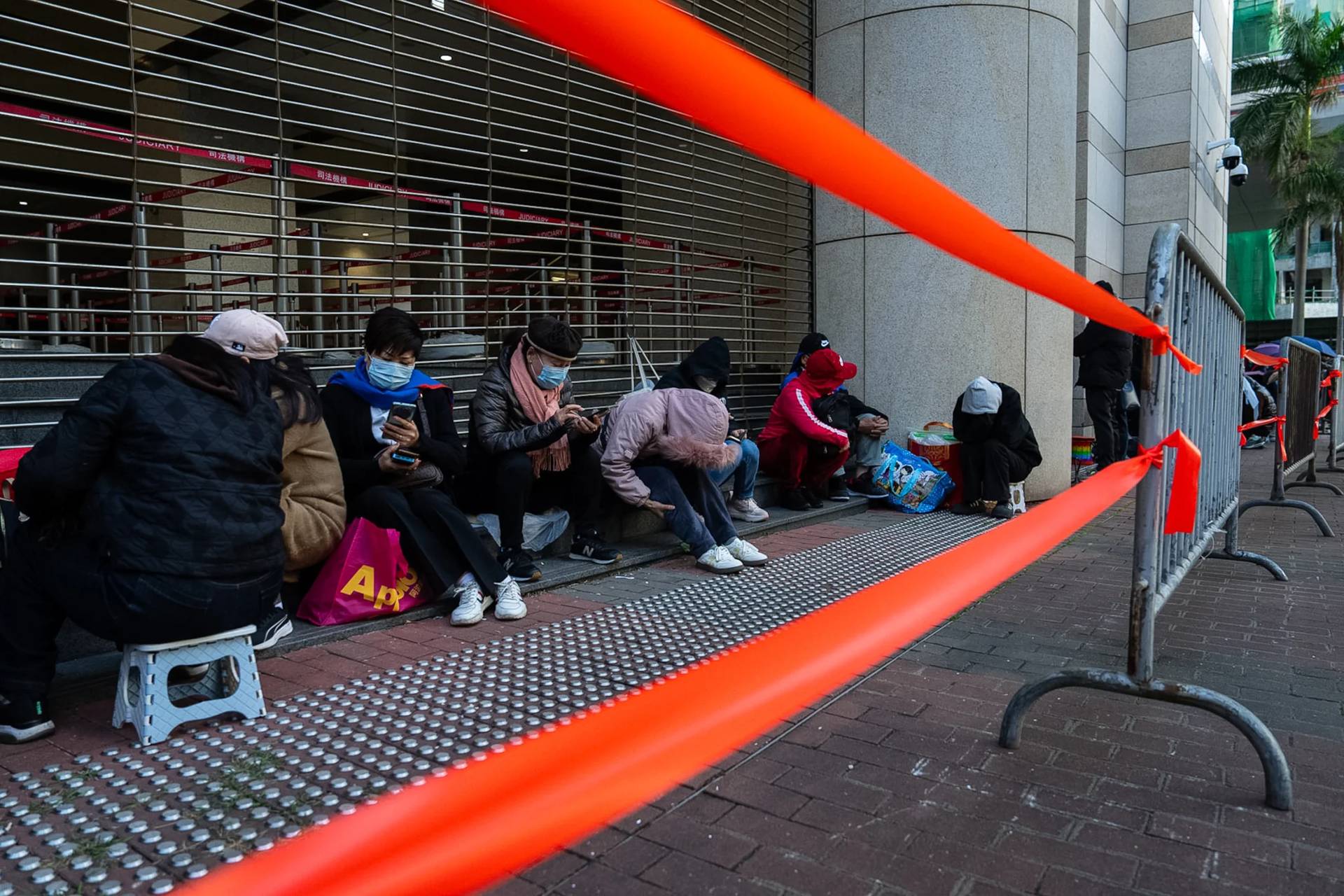SANTA FE, Argentina – Chilean abuse survivors allege that the government is using the COVID-19 pandemic to delay having to deal with South American country’s clerical abuse scandal.
“The emails of the [Chilean ecclesiastical] Survivors Network are on fire seeing the situation of the allegations in the prosecutor’s office,” said Eneas Espinoza, a survivor from the Marist Brothers who is still waiting for justice. “The expectation grows and there’s much concern over the possibility of the pandemic being the truck of dirt that the Catholic Church needs to cover up its crimes.”
“If the Chilean State doesn’t do its job, we’ll move forward towards international courts. We need a State that guarantees human rights, not one that is a passive accomplice of crimes,” he told El Mostrador.
“We will go as far as we have to go in the memory of all those who have died without the possibility of achieving justice and the just and necessary reparations,” he added. “In the Marist case alone, this year two victims of these crimes, which happened in their childhood, have died without seeing justice done.”
The Marist abuse scandal is among the worst in Chile: Over a span of several decades, at least half a dozen brothers sexually abused dozens of minors in the order’s schools in Chile.
“Seeing the response from the Chilean State, the Survivor Network along with a group of survivors from the Marist cases are getting ready to present our cases to international courts,” Espinoza told Crux on Wednesday.
He said they will only do so if the “judicial lethargy” that is “suspiciously beneficial for the crimes committed by the Catholic Church in Chile continues.”
“We worry that the pandemic will become a perfect excuse to delay the investigation, to not advance in the processes, and that the files that involve the Church might lay dormant in drawers of Chile’s judicial offices,” he said in a WhatsApp conversation.
“No one, and I mean, no one, can ignore the immense power of the religious institution lobby, especially in Latin America,” he said.
Together with other survivors, Espinoza was recently in the prosecutors’ office in Santiago, and he wasn’t happy with the experience.
“We came out very worried when the attitude in the prosecutor’s office was very much ‘oh, there are open files in our offices that involve abuses from members of the Catholic Church in Chile’. We’re talking about cases that shocked the country and are still open, without justice,” he said.
Espinoza complained that the Chilean legal system can be subjected to “pressure power groups,” and that the Church continues to hold influence.
To give an example, he spoke about the challenges faced by some of the first survivors to come forward in Chile: Despite being people with social and economic resources, they too had to “fight a huge battle and it took years to achieve minimal justice.”
Though he didn’t mention them by name, he was referring to Juan Carlos Cruz, James Hamilton and Jose Andres Murillo, abused by the former priest, Fernando Karadima. They first went public over a decade ago, but it wasn’t until last year that Karadima was removed from the priesthood and the Church forced by the courts to give a financial compensation to the survivors.
“Along the way, the cases without fame or fortune, get diluted,” Espinoza told Crux. “Those of us who make up the Survivors Network belong to a new wave of whistleblowers, who this time opted to organize ourselves so that no one falls by the wayside.”
He noted that if a person is abused by a Jesuit priest or Marist brother, they will “get press and generate social pressure for the State to do its job, but if you’re the victim of an unknown rural priest, you will hardly get any attention.”
And that is why the Survivors’ Network was founded.
“Although time always plays in the favor of criminals, being organized in a network and having professionals who accompany us, we can demand more strongly that further investigations be carried out and the legal truth is reached about the crimes committed,” he said.
RELATED: Survivors’ group in Chile condemns abuse ‘secretism’ of Catholic Church
The Chilean case is arguably one of the most complex for the Church right now: Though there have been some changes since the situation exploded with full force in 2018, there still are many issues to address.
On the one hand, since his visit to the Latin American country in early 2018, Pope Francis has accepted the resignation of a third of the bishops’ conference, but he’s only created a handful of bishops.
One of those he appointed had to step down before taking office for sexist and anti-Semitic comments.
The bishops forced to resign all faced allegations of either abuse or cover up, including Cardinal Ricardo Ezzati, the emeritus archbishop of Santiago, who’s been sued for an alleged cover-up of a rape in the cathedral of the country’s capital.
According to an interactive map of the Chilean Network of Clerical Sexual Abuse Survivors, last updated in July, there have been 360 public allegations of sexual abuse against Church officials in the country.
Follow Inés San Martín on Twitter: @inesanma














